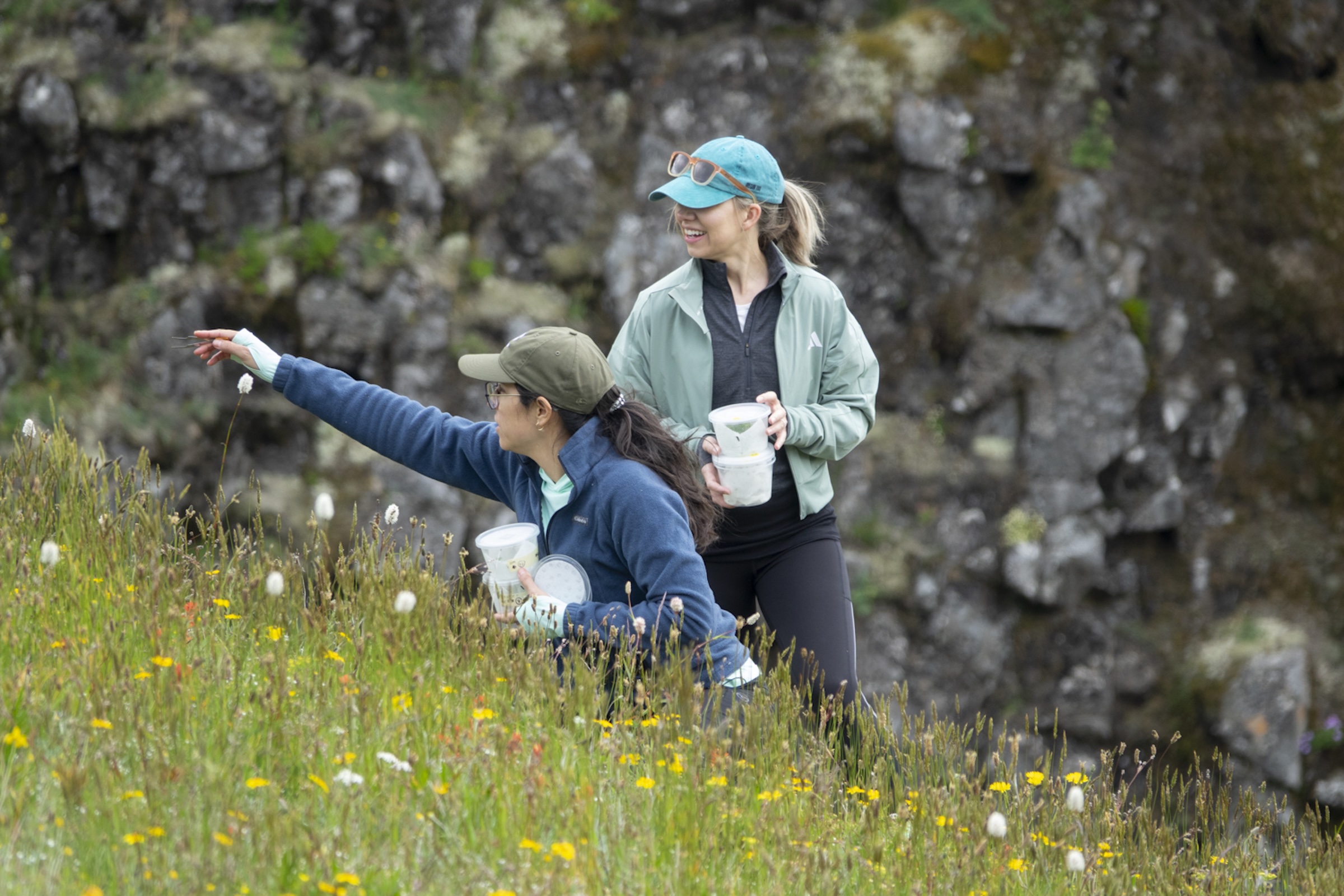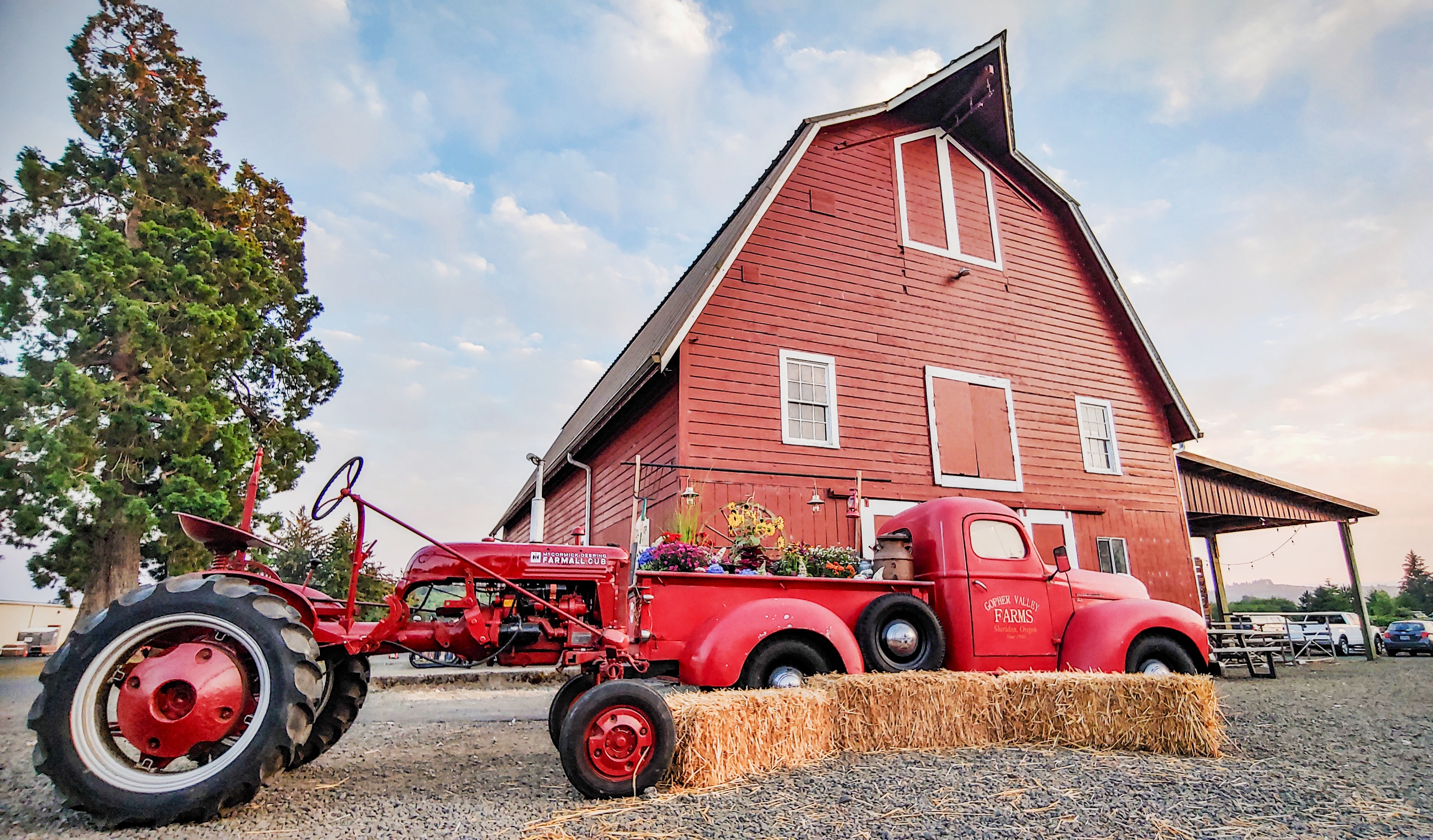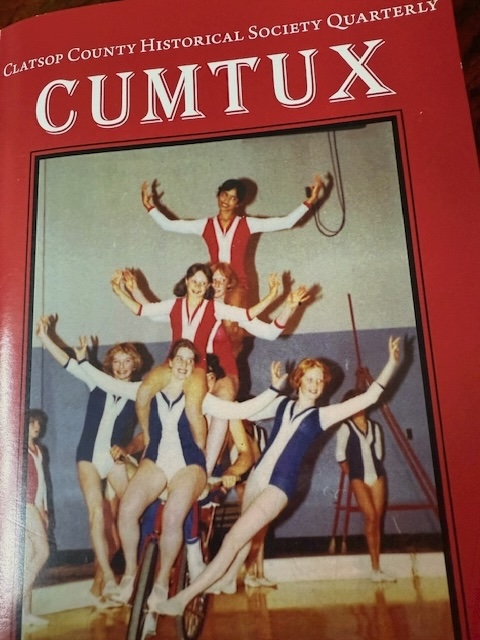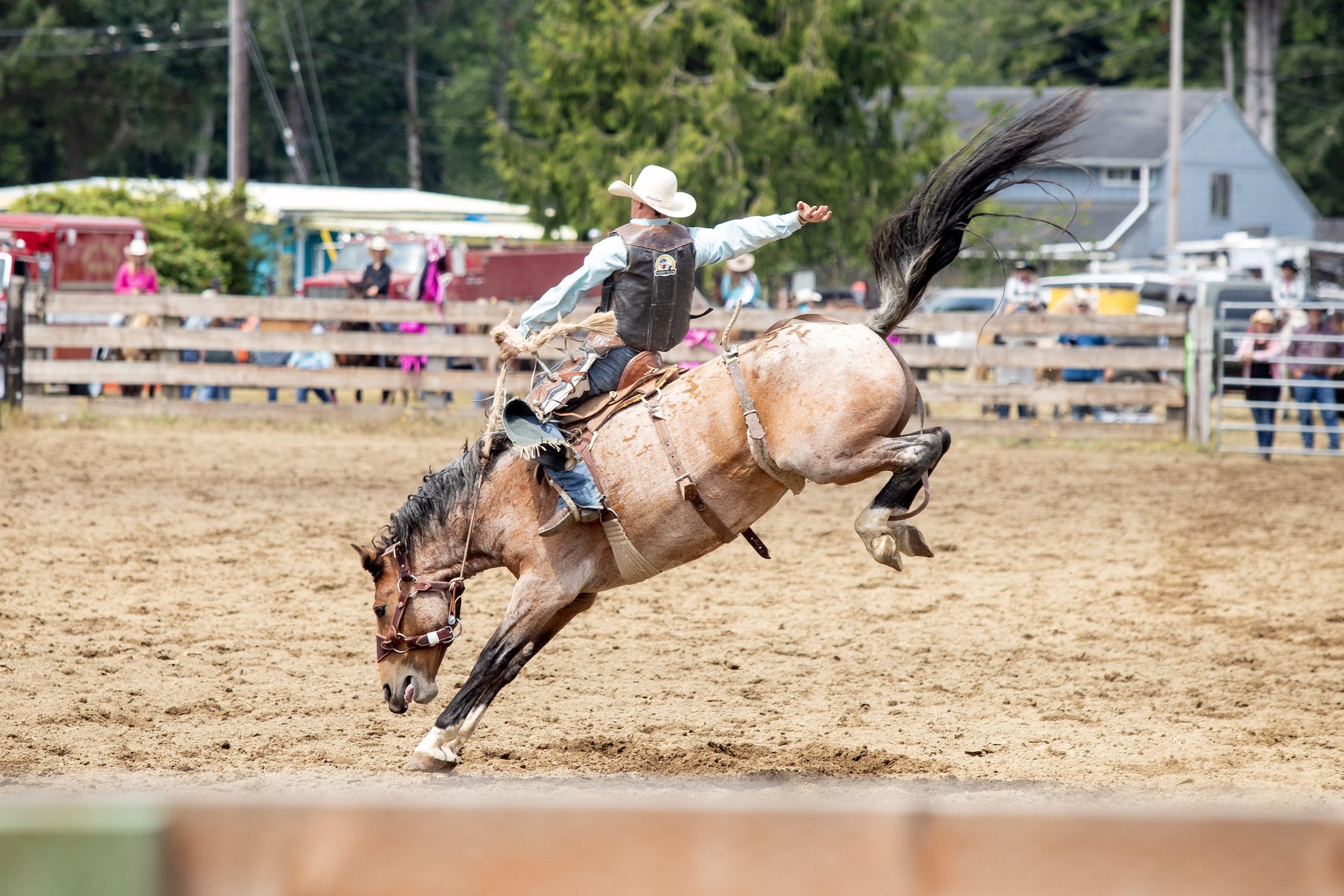Bookmonger: Boutard cultivates crops and poetry
Published 9:00 am Wednesday, November 3, 2021
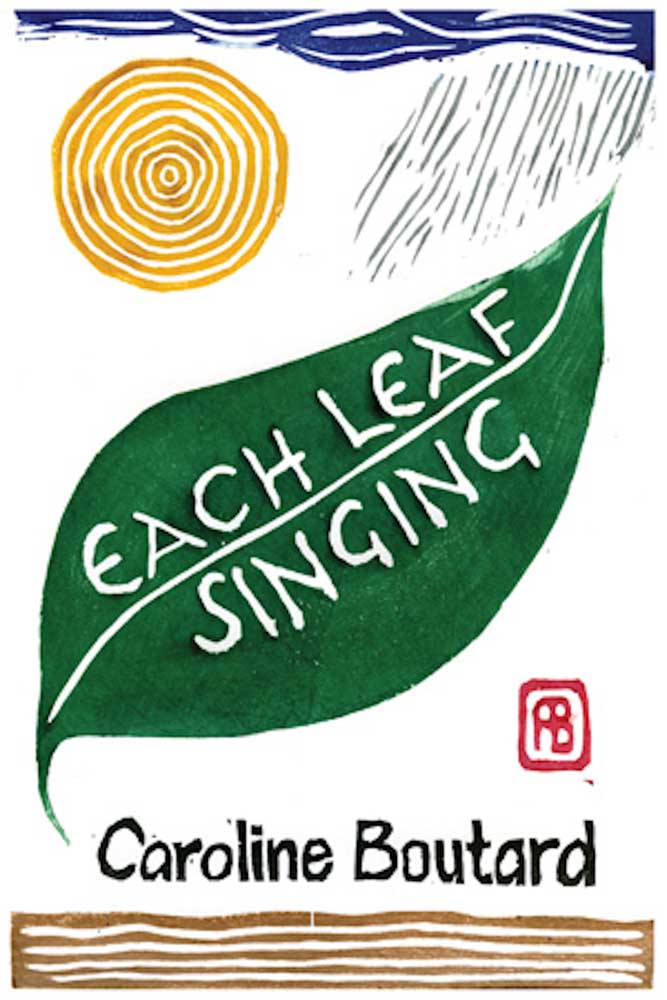
- ‘Each Leaf Singing,’ shares the work of poet and farmer Caroline Boutard.
‘Each Leaf Singing’ by Caroline Boutard
MoonPath Press – 108 pp – $16
Trending
In autumn, raking leaves becomes my daily aerobic activity. This is a devotional act, too — a chance to commune with nature and breathe deeply, as I gather up me the extravagant detritus of oak, maple, cherry, dogwood, hazelnut and magnolia trees, each leaf a bright bit in the seasonal kaleidoscope.
That’s why the title of a recent release from MoonPath Press couldn’t help but draw my attention. “Each Leaf Singing” struck an immediate chord, and the poetry within captures some of the pleasures as well as the melancholy that comes with the turning of the seasons and the passing of the years.
Caroline Boutard is a newcomer to the tradition of poet farmers — Robert Burns, Robert Frost, Wendell Berry, to name a few. And in this fecund volume, she writes of the decades she has spent on Ayers Creek Farm in the Tualatin Valley, working alongside her husband, Anthony, to grow corn, plums, potatoes, greens, grains, grapes and beans.
There are poems that celebrate this cornucopia of plenty: “Ayers Creek Seasons,” “Haiku: Flowering Farm” and “Farm to Table.”
But it isn’t always a picnic. Farming has its ups and downs, beginning with the weather.
The poem “April Is Cold this Year” captures the frustration of a slow-to-start spring: “The chill has leaked into our house, / frosting our exchanges,” Boutard writes.
She chafes at her husband’s inclination to stay indoors, “your back to the window” and “warming yourself / in the glow from your laptop.”
Other years, it’s “spring too early, and winter too rough –” or other factors that aggravate, the contaminated run-off from a neighbor’s property, or the gophers and rabbits that decimate the newly planted lettuce.
But more often than not, Boutard captures not only the necessity of acceptance and adaptation, but the enjoyment of living alongside. “Geese slide over the treetops,” she notes, and California quail parade into the garden with decorum, and starlings “cover the trees with iridescent smoke.”
Coyotes, wraith-like, move across the landscape.
And the old family dog brushes up against her and “smiled up through cloudy eyes to argue / that every hour held enough pleasure / for both of us.”
Boutard dedicates this poetry collection to her husband, who has been diagnosed with a terminal illness. In a poem called “January Lonely” she writes:
… I am caught
with our forty years in one hand,
and a plea for more time in the other.
My dear, I have such blankness
when I think about the future,
such wonder
at how we ever thought we could prepare.
There may be no cures for her husband’s condition, but if one pays attention, palliatives abound. There’s poetry in the laundry on the line, in the herd of cows, the fragrance of orange, the taste of peach.
Ever the farmer, Boutard leaves us with this hard-won wisdom in a poem titled “Walk with Me Through the Field”:
Believe in this land –
even through rubble
living things ascend.


